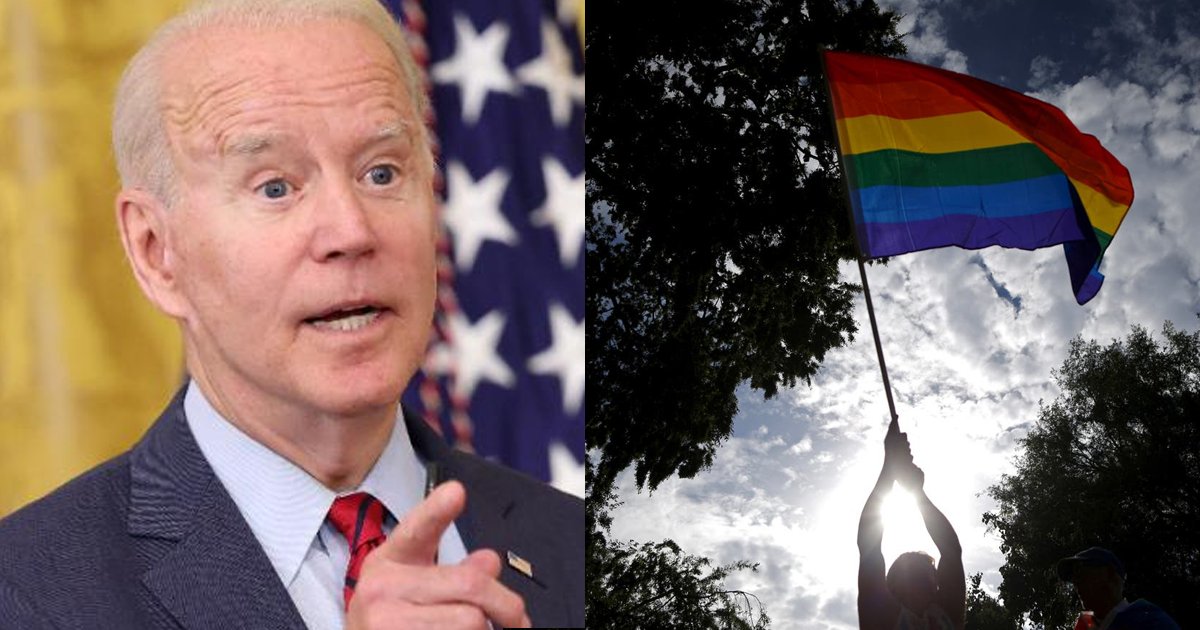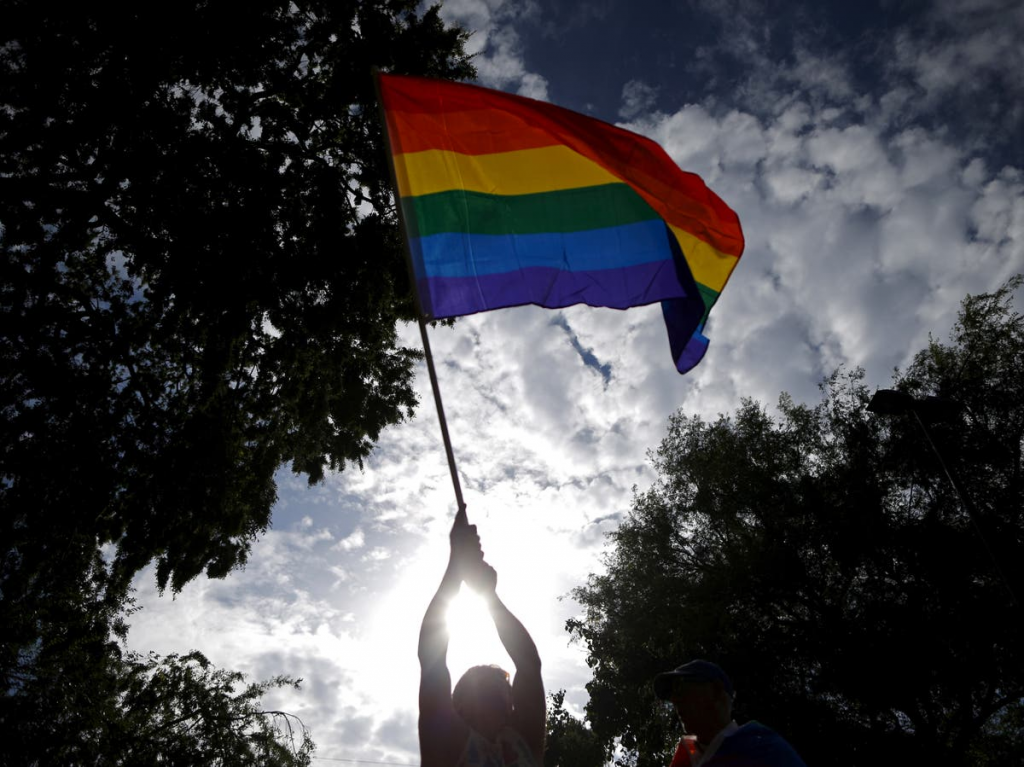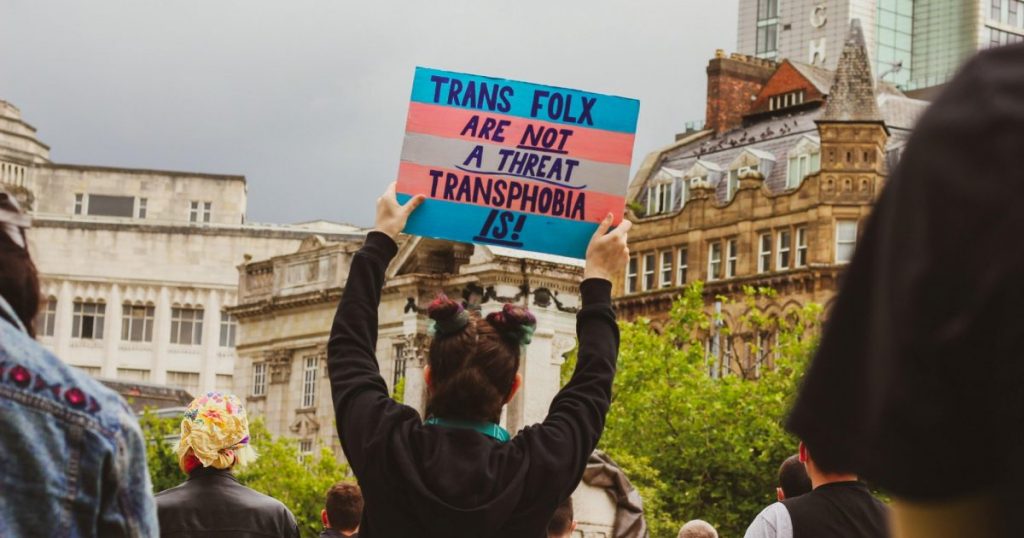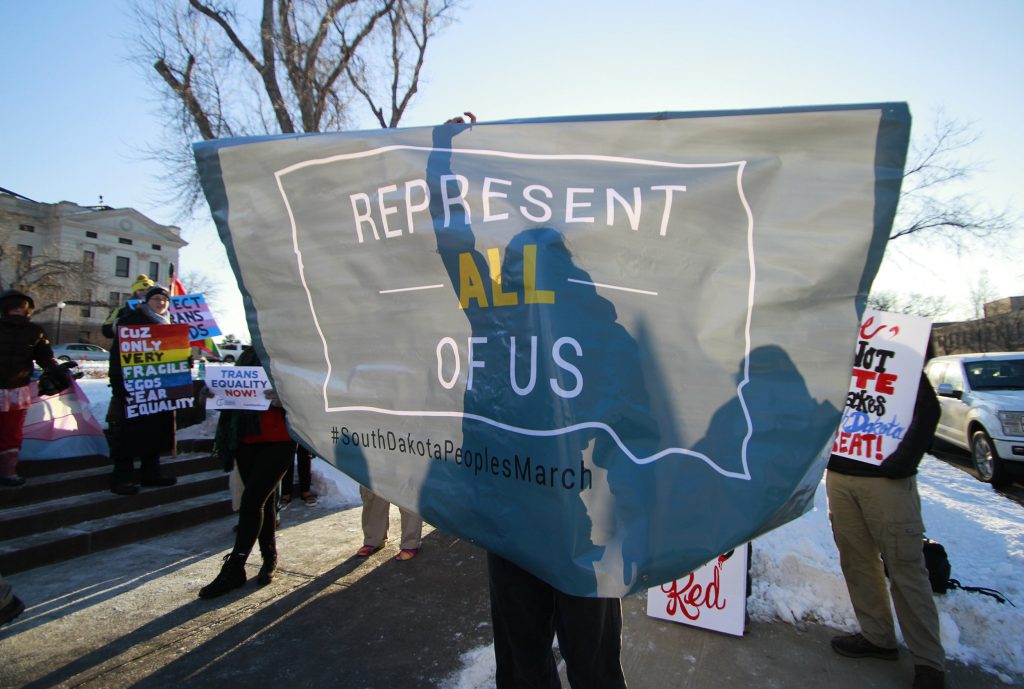In recent news, California has banned state-funded travel that is going to Florida alongside other states due to anti-transgender laws that discriminate the LGBT+ community.
California’s state attorney general has added Florida to the list of being banned on state-funded travel, along with Arkansas, Montana, North Dakota, and West Virginia.
The Democratic Attorney of California, General Rob Bonta, says that they have made “no mistake.
We’re in the midst of an unprecedented wave of bigotry and discrimination in this country and the State of California is not going to support it. California must take action to avoid supporting or financing discrimination against lesbian, gay, bisexual, and transgender people”.
He says that the five states that are banned on their list has introduced bills that “directly work to ban transgender youth from playing sports, blocking access to life-saving care, or otherwise limit the rights of members of the LGBT+ community”.
The largest LGBT+ advocacy group in the United States, the Human Rights Campaign, released statistics that there has been at least 35 bills that have been introduced to targeting transgender individuals which affect their ability to seek medical care.
Politico even reported that this has been a record-breaking year for anti-LGBT laws to be intact, and there will be more bills being proposed in other states in the future.
Last 2016, the state had created a law that banned non-essential travel to states that have laws that discriminate against LGBT+ people.
One year later, California had banned state-funded travel to the state of Texas because of the state’s decision to reject adoption applications from LGBT+ individuals or couples that want to adopt. Their reasonings were of religious reasons.
12 other states have landed on the list of banned states from California’s travel list. This includes the states of Texas, Alabama, Idaho, Iowa, Oklahoma, South Carolina, South Dakota, Kentucky, North Carolina, Kansas, Mississippi, and Tennessee.
This helps send a strong message, saying that it is important for California to do so, says Evan Low who is a part of the chair of the California legislative LGBT+ caucus. The law also has some exemptions for some of the trips.





